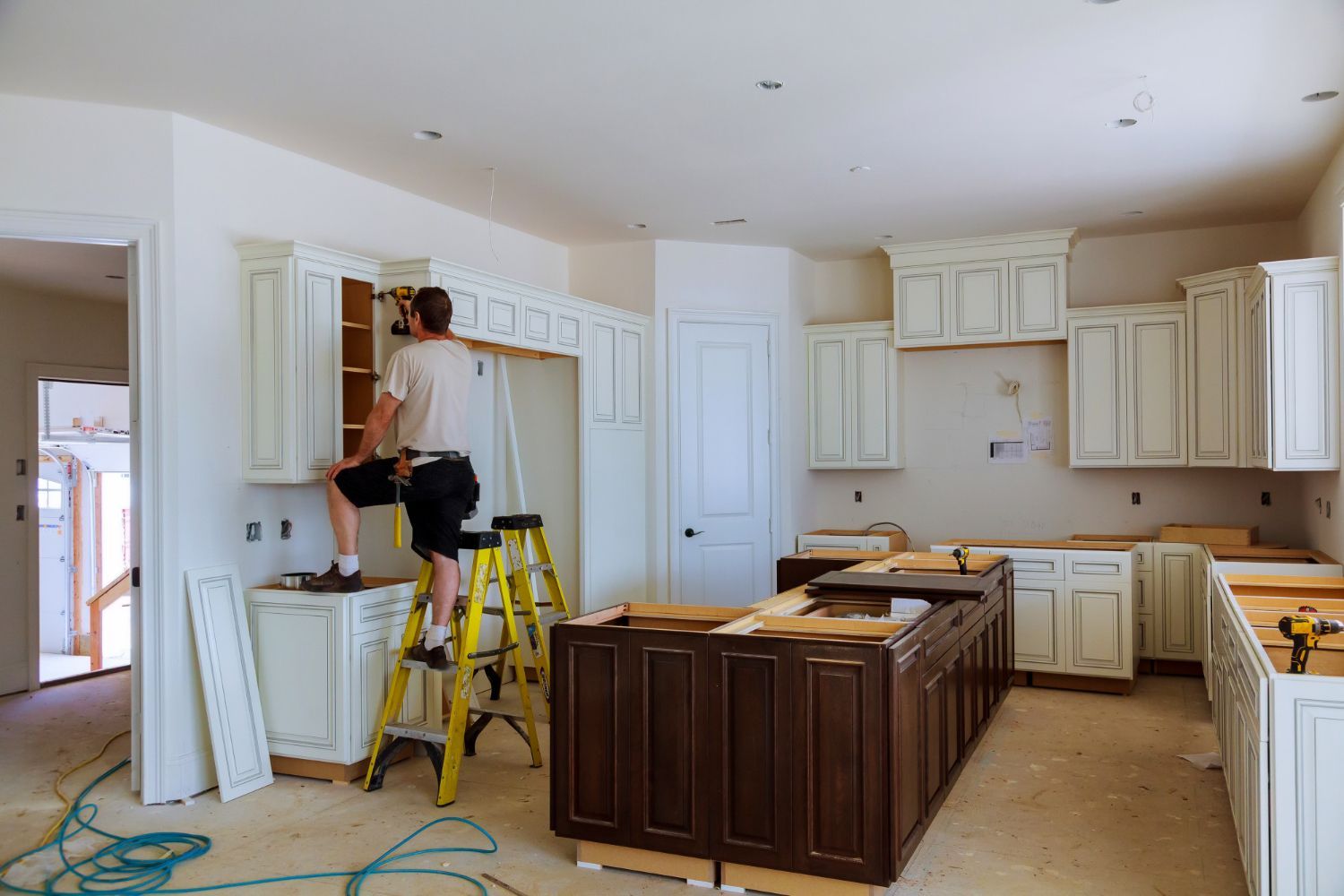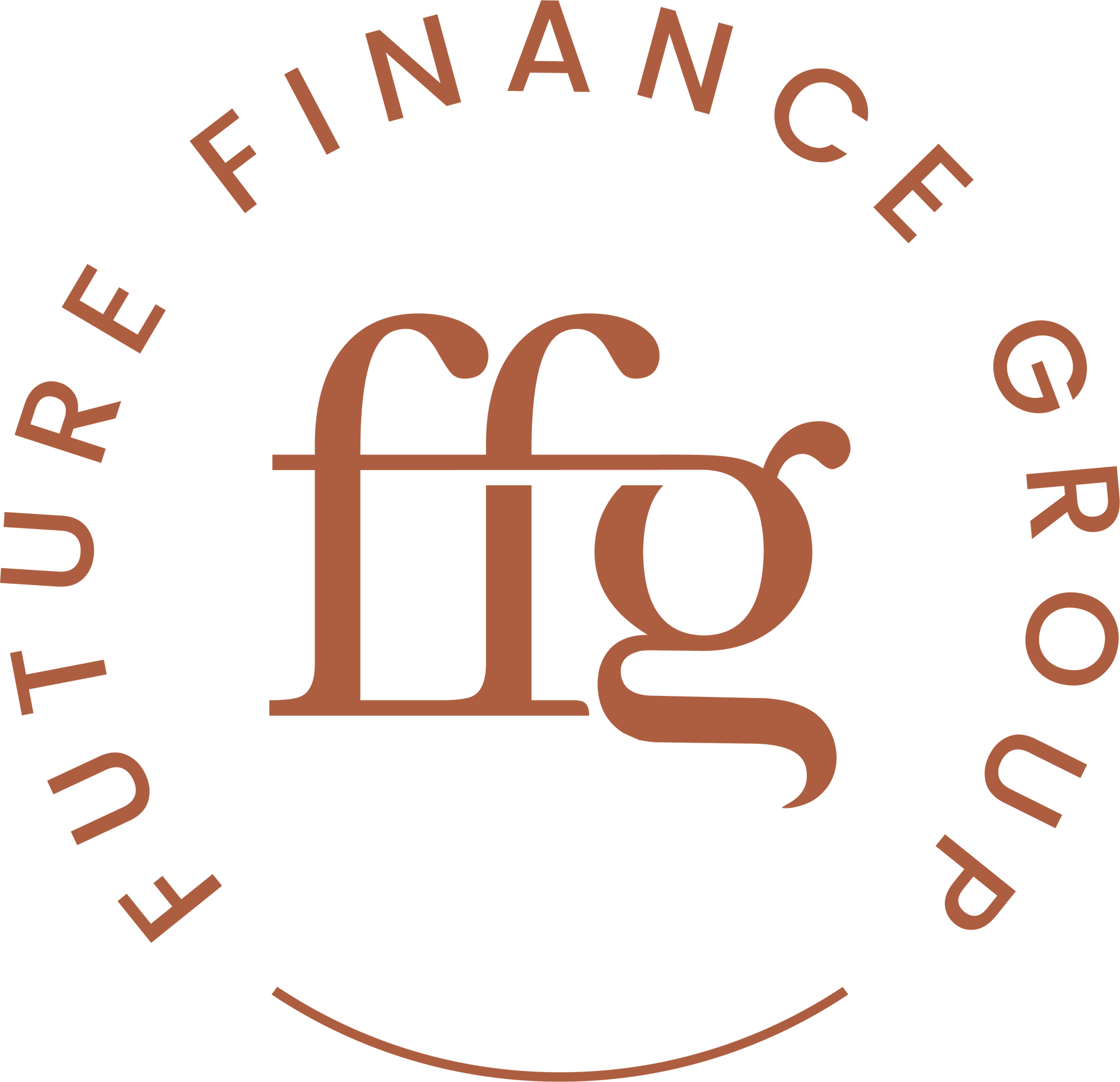INCREASING YOUR BOTTOM LINE WITH INVESTMENT PROPERTY
Claiming everything you’re entitled to from the ATO is one proven method of increasing your bottom line with investment property.
Investment property expenses you can NOW claim
Understanding the ATO’s latest rules on what you can claim on your rental property can significantly increase your returns.
The ATO allows you to claim an immediate deduction (against your current year’s income) for the costs associated with:
- maintaining
- repairing
- managing and
- improving your property, as well as
- mortgage interest and some legal costs
Maintain, repair or improve – but DON’T blur the lines
MAINTENANCE
The ATO defines maintenance as: “work to prevent
deterioration or fix existing deterioration”.
- painting
- cleaning
- gardening
- lawn mowing and
- pest control
are all considered maintenance.
Something like regular servicing of the hot water system or air conditioning unit is considered maintenance as well.
REPAIRS
The ATO defines repairs as: “work to make good or remedy defects in, damage to, or deterioration of the property”.
So, for example, if the hot water system breaks and you pay to have it fixed – that’s a repair.
IMPROVEMENTS
The ATO defines improvements as anything that will increase the value or life of the property or anything that goes beyond the definition of repairing.
Replacing the old hot water system with a new solar system (even if the old system was no longer working) – that is considered an improvement.
THE ATO EYES ARE WATCHING YOU…
The distinction is important (and the ATO keeps a keen eye out for improvements incorrectly claimed as repairs).
Maintenance and repairs are eligible for an immediate deduction. Improvements are NOT.
You also cannot claim a deduction for the cost of improvements in the year you incur them.
Capital improvements (such as renovating a bathroom or kitchen) must be claimed as capital works deductions over several years.
Property management AND maintenance of your records
Property management is generally an area where you will have substantial expenses, regardless of the age or condition of the property.
The ATO says expenses including:
- advertising for tenants
- body corporate fees and charges
- council rates
- water charges
- land tax
- property agent’s fees and commission, as well as
- insurance costs (building, contents, public liability)
may all be eligible for an immediate deduction in the year it is incurred.
It is important for you to keep accurate records to make sure you are claiming everything you’re eligible for to support your claims.
Interest just got interesting
It is common knowledge that you are able to claim against the interest paid on your investment loan, however it is important to remember the property must be rented out or genuinely available for rent in the income year you are claiming a deduction.
You may not be aware however that you can also claim the interest on a loan used to:
- purchase a depreciating asset for the rental property (like a new hot water system)
- a loan used to pay for repairs to the rental property (like fixing the hole in the wall the tradies made while removing your old hot water system), or
- a loan used to fund renovations.
Legal expenses – we object!
Legal fees always sting a little, so it’s good to know the ATO will allow some of them to be claimed as deductions.
For example, if you have to pay legal fees to:
- evict a non-paying tenant, or
- take court action for loss of rental income, or
- defend a damages claim related to your rental property
you can claim them as an immediate deduction.
It’s all about YOUR opportunities
If you are not positioning yourself to take advantage of all the tax deductions available to you, then you are wasting these opportunities to have more money in YOUR pocket. Understanding what you can claim, and then making a claim, is one of many proactive steps you can take to improve your financial position and gain a greater return on your investment(s).
Did you know – you can claim your tax deductions back in your pay each week?
If you are struggling to finance your investment property week to week and cannot wait until the end of tax time, then you may request a PAYG withholding variation with your pay officer. This essentially means that the amount of tax you pay (according to your projected investment property deductions) can be withheld from the ATO each pay cycle and remains in your hands until it is reconciled in your tax return at the end of the financial year.
HOWEVER – it will mean you are unlikely to get a big fat tax return each year. So chat with us to see what options will suit you and your cash flow best.
Need help?
If you would like guidance on utilising rental tax deductions available to you in an ever-changing financial and taxation landscape, contact our office today for assistance.
Disclaimer: This article provides general information only and has been prepared without taking into account your objectives, financial situation or needs. We recommend that you consider whether it is appropriate for your circumstances. Your full financial situation will need to be reviewed prior to acceptance of any offer or product. It does not constitute legal, tax or financial advice and you should always seek professional advice in relation to your individual circumstances. ©2019



